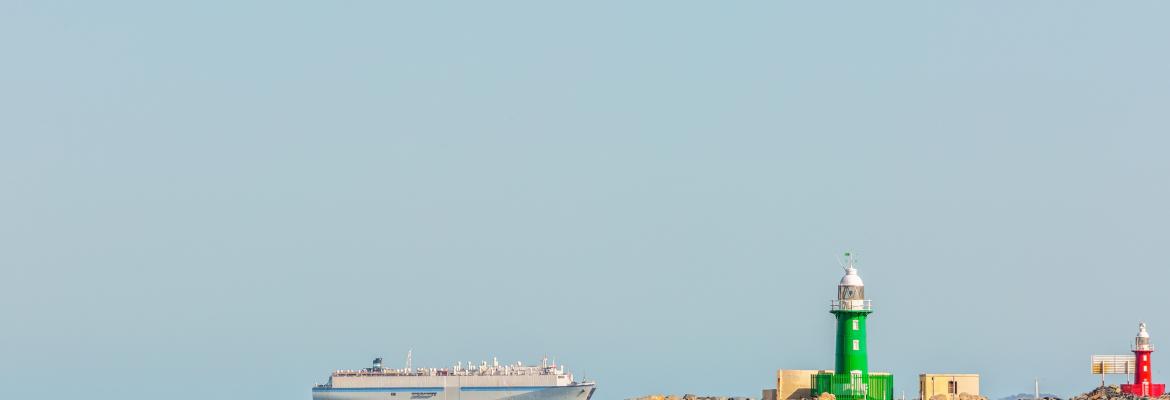
More than 200 years later, our nation has around 480 aids to navigation (AtoN) managed by AMSA at 390 sites across the country, to ensure today's mariners arrive safely at their destination.
On 1 July, AMSA joins maritime safety agencies from around the world to mark the first World Marine AtoN Day.
World Marine AtoN Day recognises the significant role modern AtoNs have in today's navigation safety, while paying homage to the role traditional lighthouses have played in our history.
Australia has 62 heritage-listed traditional lighthouses, yet the majority of our AtoNs operate offshore and are technologically advanced marine aids that support modern navigation safety.
AMSA's offshore AtoN network is made up of fixed, floating, visual and electronic aids that operate from remote sites.
Also known as navigation marks, AtoNs can be lighted buoys or beacons that warn mariners of hazardous areas and guide them to safe water, or away from protected marine zones.
Some AtoNs have an Automatic Identification System (AIS) transmitter that sends signals to vessels using the VHF radio frequency, while others are virtual AIS AtoNs that mark hazards and protect sensitive sea areas by signalling from another location.
Another type of AtoN is a racon, or radar beacon, that can be detected by ships' radars; it transmits a unique or distinctive Morse code signal, which helps vessels positively identify the AtoN.
AMSA provides a year-round servicing of its modern AtoNs, cleaning and maintaining solar power supply equipment, undertaking corrosion control and painting of structures, replacing buoy moorings, checking LED lights and radio AtoN such as racons, Differential Global Positioning System or DGPS and AIS.
This World Marine AtoN Day, read our profile of a former lighthouse caretaker and check out our Facebook page for interesting facts about AtoNs.
You can also keep track of other events around the world on the